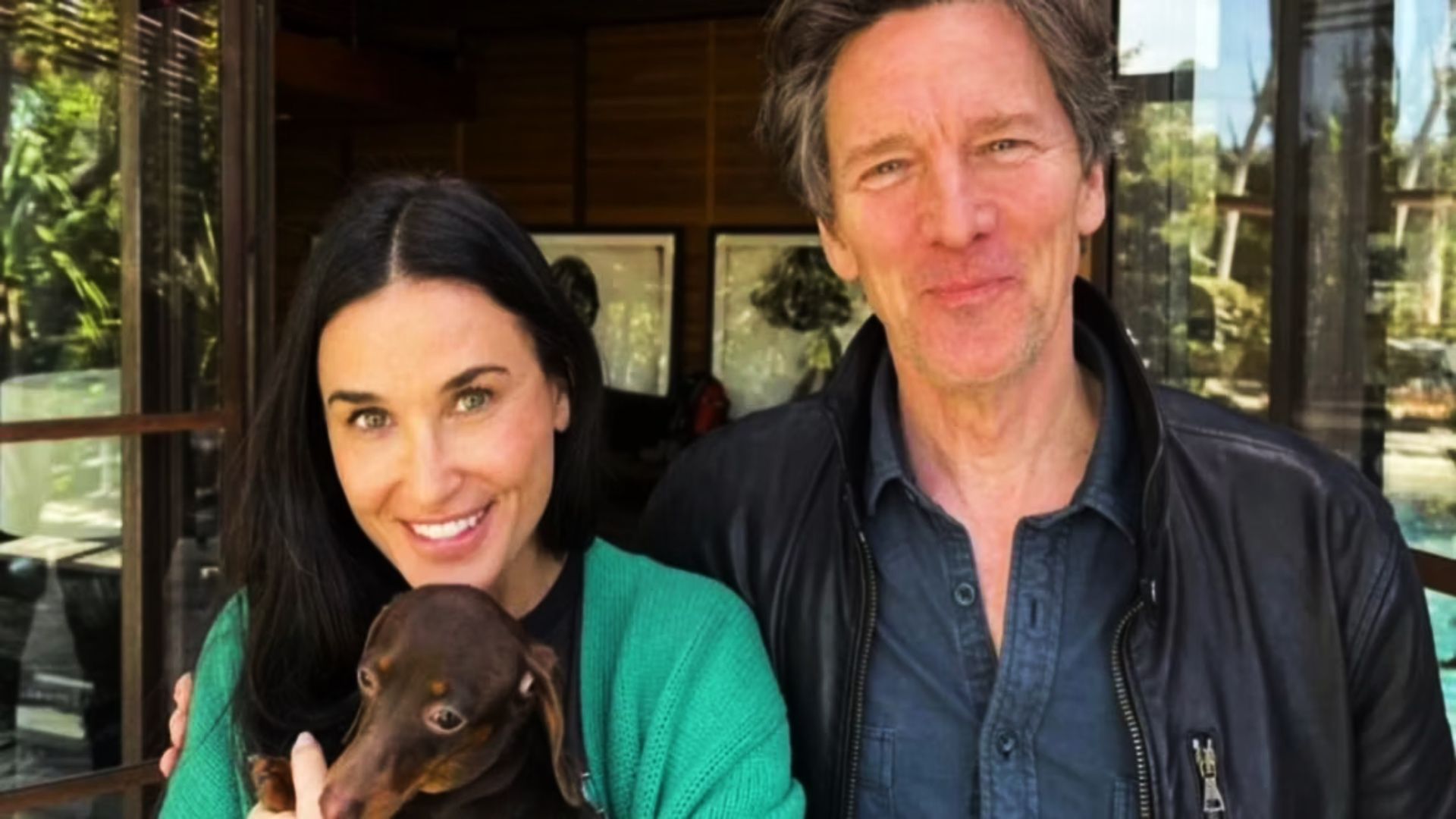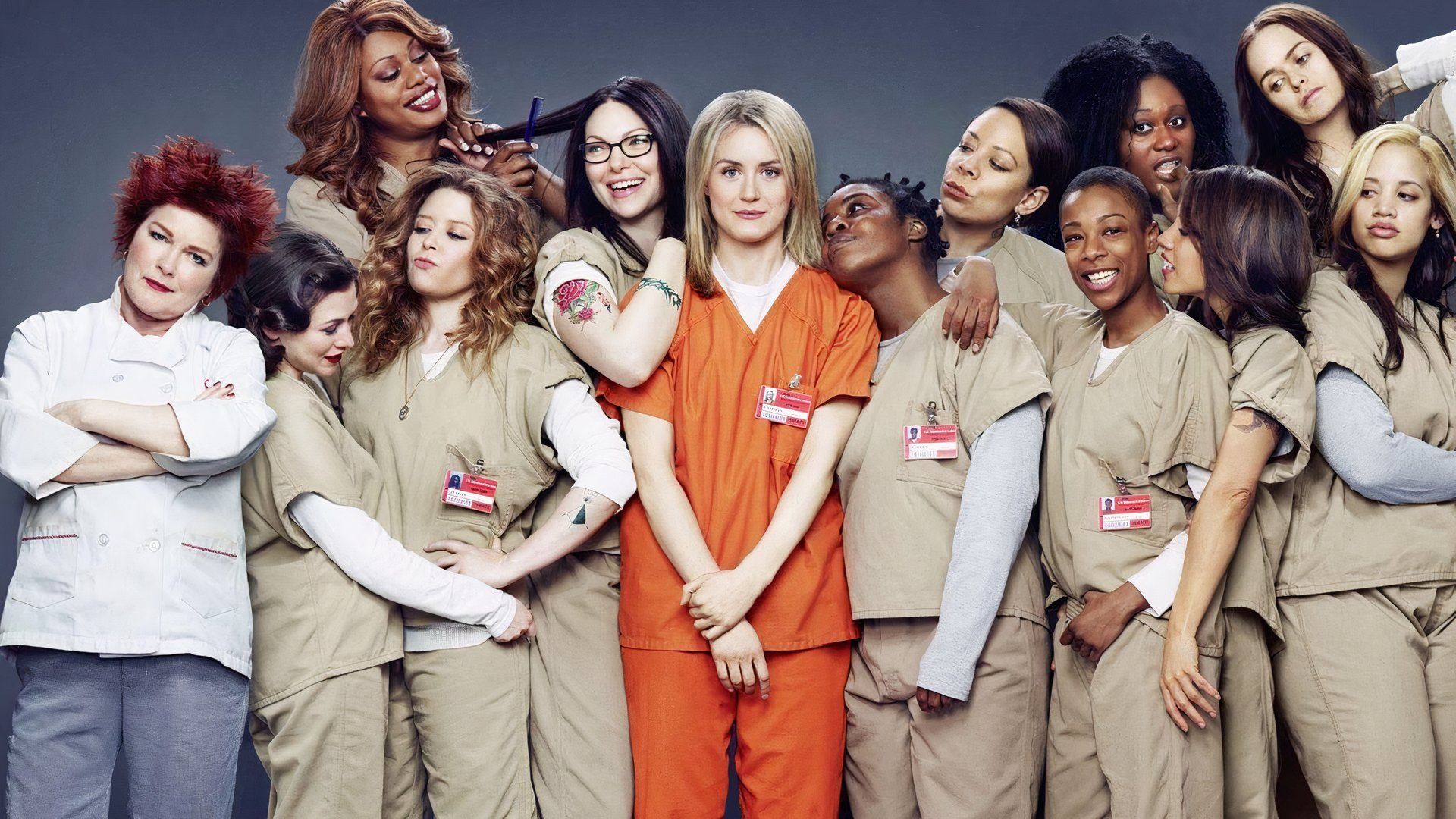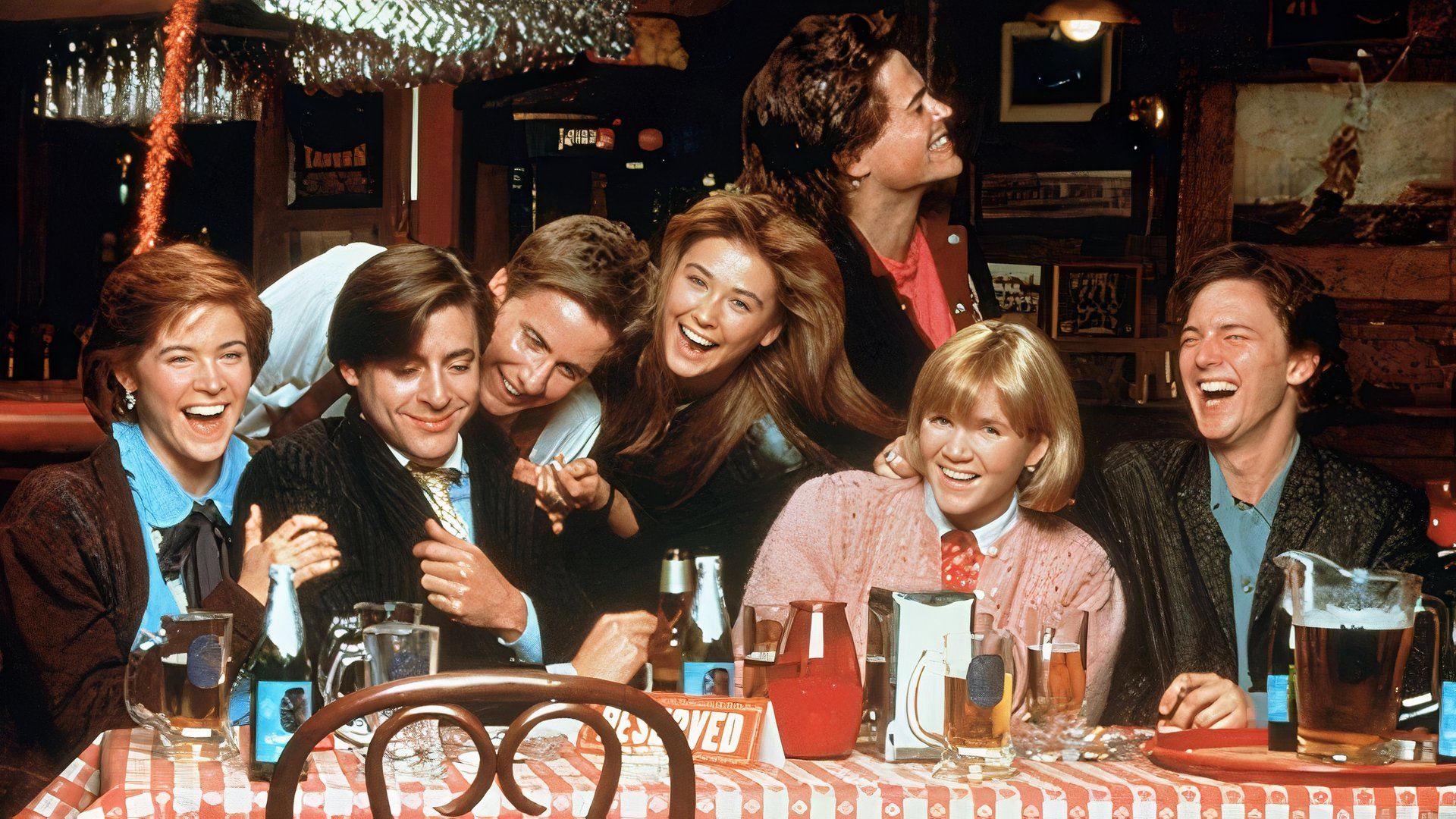
Back in the 1980s, Andrew McCarthy was part of an ambitious posse of young actors who were primed to take Hollywood by storm: Rob Lowe, Emilio Estevez, Molly Ringwald. Ally Sheedy, Demi Moore, Judd Nelson, Jon Cryer, and Lea Thompson among them. Surely, being cast as Kevin, a cynical scribe, in the ensemble cast of St. Elmo’s Fire changed everything for the actor. So did the New York Magazine article on costar Emilio Estevez by David Blum, which dubbed the St. Elmo’s Fire cast as being part of Tinseltown’s so-called “Brat Pack.”
McCarthy tracks the impact of having that title thrown upon him and other stars in his revealing new documentary, Brats, which held its world premiere at the Tribeca Film Festival. It’s more than a fun nostalgia trip — although there’s plenty of that — because in this outing, McCarthy is in full introspective mode, embarking on a mission to reconnect with his peers and co-stars. To that end, the doc features candid interviews with Estevez, Lowe, Moore, Sheedy, Cryer, Thompson, and other industry insiders.
In excerpts from this exclusive MovieWeb interview, which you can watch above, the actor/director unpacks the monstrous impact of the Brat Pack label, how the actors were “used,” which Brat Packer best handled the label, and whether he ultimately came to peace with it through this documentary. Dive into the video above and read on.
St. Elmo’s Fire Ignited a Cultural Blaze
In Brats, which is essentially based on Andrew McCarthy’s memoir, Brat: An ’80s Story, McCarthy looks back on the past in an attempt to reconcile with the challenges he and his comrades faced being a young adult in the spotlight. That’s part of the charm of the documentary, but it also exposes the emotional ripple effects of Blum’s article while also illuminating the cultural impact of films like St. Elmo’s Fire, The Breakfast Club, and Pretty in Pink.
“It was a seismic change in the culture,” McCarthy shared about the time. “Those who were at the forefront, they didn’t create that change, but they were the results of that change, which was when Hollywood discovered that young people go to the movies five, six, seven times and grown-ups go once. So, the hell with the grown-ups. Let’s make movies for kids. That was the moment when that change started, and we were the people at the forefront of that. And then [New York Magazine] writer David Blum comes along, put the catchy phrase on it, and boom!”
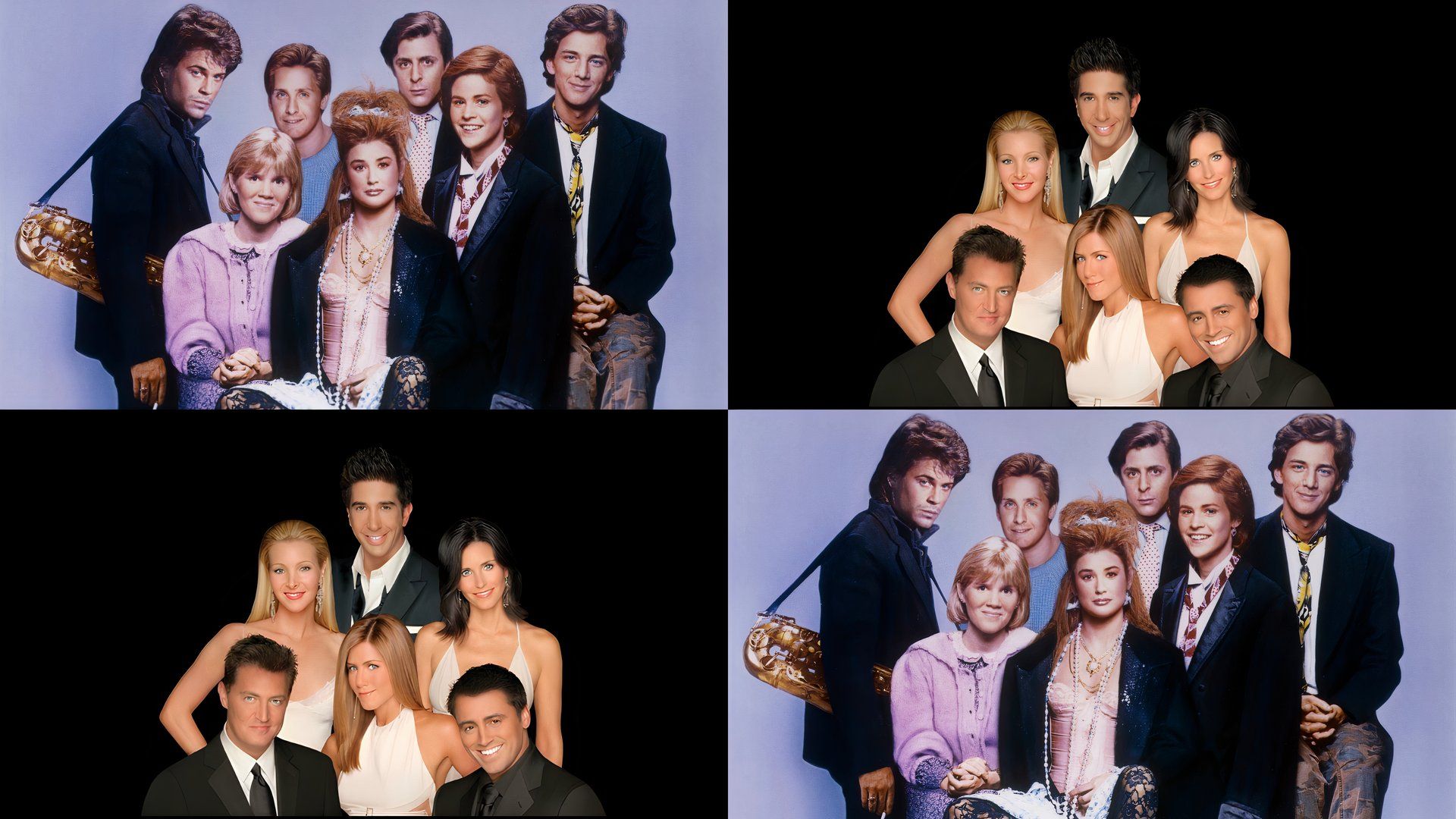
Related
Andrew McCarthy Says Friends ‘Is Exactly St. Elmo’s Fire’ but ‘In a Coffee Shop’
Andrew McCarthy directs the new Brat Pack documentary Brats, and explained how the era paved the way for Friends and other titles.
McCarthy went on to say that initially, he didn’t understand all the different factors that ultimately contributed to the Brat Pack title, noting:
“The conditions were right and perfect that that could happen. One of the things those movies did —
St. Elmo’s Fire
and
The Breakfast Club
— was
they put friendship… at the center of a movie and treated it the same way that romantic love had always been treated in movies before
. Suddenly, it’s about friends. And young people just went, ‘Yeah, I want that.’”
He went on to say that what truly interested him was to make a movie about what he felt about The Brat Pack term back then and how, “I had grown to feel 180 degrees differently about it,” he added. “My reaction to it and my perception of it and on it had changed so utterly and completely that I thought that was worth exploring. I came to a place of just embracing and feeling like it’s a great blessing in many ways… being in the ‘Brat Pack.’ He elaborated:
We become… avatars of a certain generation of youth. They look at us and they see themselves when they’re young, with great affection. And so, to arrive at that conclusion from a place of going, ‘I hate this, I hate being called a brat,’ to me, just speaks of the evolution of time in our lives and how we choose to view our lives.
Who Best Handled the Brat Pack Label?
There’s a fun moment in the film where McCarthy asks one of his peers just who really comprised the Brat Pack, because a young Lea Thompson, Jon Cryer, Michael J. Fox, Tom Cruise, and others occasionally slipped under TBP umbrella. For clarity: the Brat Pack consisted primarily of the stars of St. Elmo’s Fire: Andrew McCarthy, Emilio Estevez, Judd Nelson, Ally Sheedy, Demi Moore. Rob Lowe. That said, it’s only fitting to ask McCarthy whom he felt best handled the Brat Pack label.
I think we all… disliked it at first.
“But I think Rob very quickly realized how the public was right and that they just saw it as this wonderful kind of thing,” added McCarthy. “It’s like, ‘Oh, they’re us. These guys are us. I want to hang with them. I want to party with them,’ you know? As time went on, we became this representation of youth.”
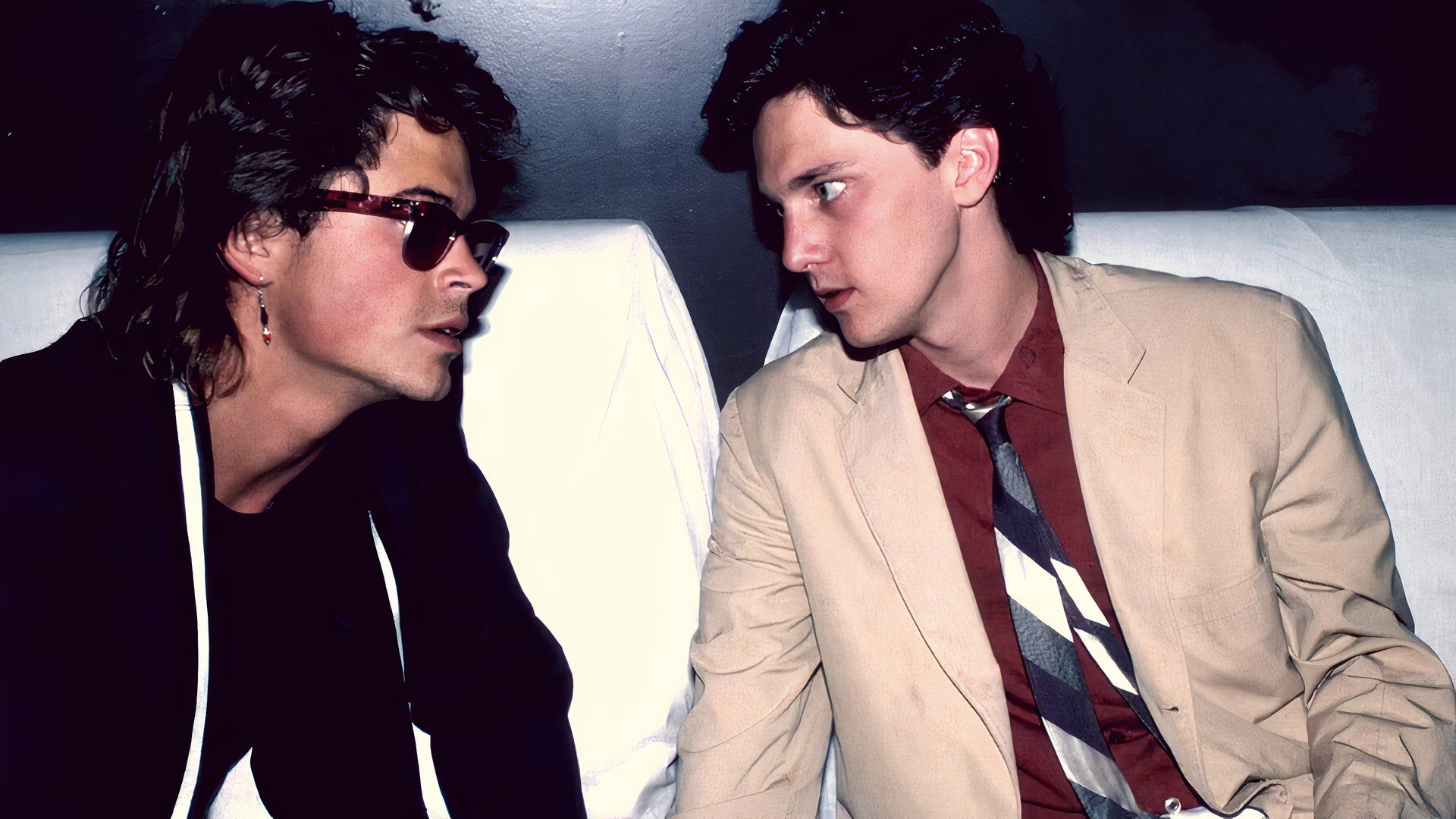
Related
Andrew McCarthy Describes Confronting the Man Who Coined the Term ‘Brat Pack’
Why is the Brat Pack called the Brat Pack? Andrew McCarthy discusses confronting the man who coined the term in his documentary Brats.
Demi Moore the Wise Sage?
Demi, I think, just rose above in her own way, continued McCarthy. In watching Brats, you immediately get the sense that Demi Moore would be a stellar life coach. Between the actress’s depth, awareness, and grounded observations, you can’t get enough of her.
“I just thought it was fantastic,” McCarthy shared of Moore’s insights. “Everybody is still so themselves, only more so. You know what I mean? Everybody is who they were then, but there’s an evolution in that and the accumulation of life in that. [Demi] was super generous. She was the first one to say, ‘Yeah, sure, come on out.’ She was the first one I interviewed.’”
The two are found sitting on the patio of Moore’s spacious home, talking candidly in the documentary about how being part of the Brat Pack shaped their early lives and beyond. Was it challenging to rally the troops? McCarthy explained:
“I can’t remember who it was who said, ‘Do you have a list of questions that I can look at before we meet?’ And I’m like, ‘No, I’m just going to come talk to you about our feelings about this, because you must have them. It affected our lives in a big way and we’re just going to chat about it, if that’s okay.'”
Why Anthony Michael Hall, Molly Ringwald, and Judd Nelson Weren’t Interviewed
Anthony Michael Hall, Molly Ringwald, and Judd Nelson were not interviewed for Brats, however McCarthy did reach out to the actors. Ringwald costarred with McCarthy in Pretty in Pink, and Hall and Nelson in The Breakfast Club. “I mean, they’re in the film, you know, in the sense that they’re interviewed in… some of those clips…and Judd and Molly are there because they’re really insightful and smart. And that’s my experience of both those people,” he said, adding:
“I think people choosing to participate and not participate is sort of insightful and contributes to the film in its own way, anyway. Because the Brat Pack was such a peculiar thing to navigate over time, and that some people have chosen to fully embrace it, other people, like me, are kind of looking into it and going, ‘You know what, I think this is kind of a beautiful thing,’ and other people are just like, ‘I’m not going there.’”
“And so, I think all that informs the story,” explained McCarthy. “This was a complicated time.”
Heading to Sammy Davis Jr.’s House with Rob Lowe and Liza Minnelli
At the height of the Brat Pack’s fame, Andrew McCarthy found himself out on the town with Rob Lowe, eventually cavorting with Oscar winner Liza Minnelli (Cabaret), which, McCarthy admitted, was the kind of thing that could happen to the Brat Pack.
“What [Rob Lowe] astutely points out is that happens every generation,” McCarthy said. “There’s a group of people that stuff happens when it’s your moment… Rob had invited me out to dinner at Spago, which was at the time ‘the’ restaurant in L.A., and suddenly Liza Minnelli’s at the table, and then she says, ‘Let’s go to Sammy’s house,’ and I thought we were going to go to a nightclub. I’m like, cool.” McCarthy elaborated about the moment the Brat Pack met the Rat Pack:
“I was just so naive, a kid from Jersey. I’m like, it must be this nightclub we’re going to. I had no idea. Then it’s like, ‘Oh, we’re at Sammy Davis Jr.’s house.’ So that was kind of crazy. And he was super gracious and generous. That was definitely one of those crazy nights of like, ‘Wow, through the looking glass… how did I get here, hanging out with Sammy Davis.’”
St. Elmo’s Fire vs. Pretty in Pink
As several talking heads point out in Brats, there was a seismic shift in moviemaking after St. Elmo’s Fire was released in summer 1985. No doubt The Breakfast Club, directed by John Hughes, served as a creative appetizer. That film was released earlier that year, but reflecting back, there must have been something curious floating around in the ether and behind-the-scenes in Hollywood.
“Well, I knew, for me personally, that I was the right guy in the right part at the right time,” McCarthy said of being in St. Elmo’s Fire. “Yeah, I knew that if I didn’t mess this up, I wasn’t [going to be] surprised when that changed my world.” He added:
“
St. Elmo’s Fire
— I was perfectly suited for that part…
That rotten before it’s ripe cynicism, covering the wall of vulnerability and fear. I just inhabited that guy utterly
. I wasn’t surprised when that happened. You’re surprised once the train leaves the station, and you don’t know where it’s going… so that changed my life professionally.”
“Then Pretty in Pink came, which I did not think much of,” continued McCarthy. “That changed my life in the world, because that became a thing, and then I became a young heartthrob for a moment. But that movie…. I was very surprised by the success of that movie. I thought it was a silly movie about a girl wanting to go to a dance and make it dress. I didn’t get it.”
On Directing Orange is the New Black
TV addicts may already know that there’s much more to Andrew McCarthy than his ’80s hit films, which also include Weekend at Bernie’s, Mannequin, and Less Than Zero. Back in 2022, he was added as a series regular on Fox’s The Resident, reprising his role as Dr. Ian Sullivan in the medical series. Flashback nearly a decade earlier, and McCarthy was making a dent behind the scenes directing many episodes of what was becoming yet another cultural phenomenon — Orange Is the New Black.
The prison drama, which starred Taylor Schilling, Laura Prepon, Kate Mulgrew, Uzo Aduba, Danielle Brooks, and Natasha Lyonne, pre-Russian Doll and Poker Face, shot Netflix into the cultural zeitgeist. McCarthy said:
“That was a really exciting show to do. I got those jobs early on because… Netflix was this company that mailed you DVDs, and so suddenly they’re making TV shows. We were all like, ‘What’s it going to be on? What network’s it on?’ Well, no, they’re going to stream it. I’m like, ‘OK, but what’s it going to be on?’ We just didn’t understand. I certainly didn’t. And so, nobody wanted to direct this show through Netflix. And so, I said I will.”
McCarthy directed many of the Emmy-winning show’s earlier episodes. “And then it hit,” he said. “Then instantly, everything changed. The show is very exciting in the first couple of years. And when you’re right in the heat of something like that happening, it’s very exciting. I got to watch all these people who were thrilled to just have a part that wasn’t, you know, the one line maid, and suddenly it’s about them. I got to watch them go from these grateful ‘nobodies’ to these stars. And so that’s always an interesting trajectory to watch.”
He noted how, early on, it was thrilling to watch the show find itself and the actresses “just exploding” toward fame. “It was like herding cats,” he went on. “I mean, it was just chaos, and I would just be like, ‘Just roll with it, just roll with it,’ you know? I was well suited to that, because I live in New York, and I’m used to it, I have a lot of kids and things, I’m used to chaos. So that kind of, it worked for that show in a lot of ways. There are scenes with 15, 20 people talking. To navigate that sort of chaos is fun.”
Being part of Orange is the New Black also found him on the flipside of the Brat Pack experience. Instead of being in the center of the Hollywood hurricane, he was watching it and its stars becoming famous. “Well, I understand it. I understand the demands of it and the wonder of it and how scary it can be and all that stuff. So, I have great empathy for that; great affection for that. Because it is a wondrous thought. And if you’re one of the lucky ones that that happens to, like it happened to us in the ’80s, that’s a wondrous thing.”
Pondering the Epitaph
In Brats, Emilio Estevez kids with Andrew McCarthy, saying that on his tombstone it will read, Emilio ‘Brat Pack’ Estevez. “It’ll certainly be the first sentence of mine,” McCarthy said of what will be written about him. As for the overall hope he has for how Brats lands, he said, “It’s the fun nostalgia romp most people will be coming for,” but added:
Then I think it’s just about how we make sense of our lives over time and how things can be re-evaluated constantly, and things can shift. So, you can overlay, hopefully, a really important seminal experience in your life onto what happened with us in the Brat Pack.
“And you would go, ‘Huh, interesting, I used to feel this, and now I’ve grown to feel this way about that.’ So that there’s a sense of identification with it as opposed to just going, ‘Oh wow, those are cool hairdos and great songs and stuff like that. So, there’s something else that’s actually going on about our relationship to ourselves and our past.” McCarthy smiled.
Brats, which premiered at Tribeca, hits Hulu on June 13.
